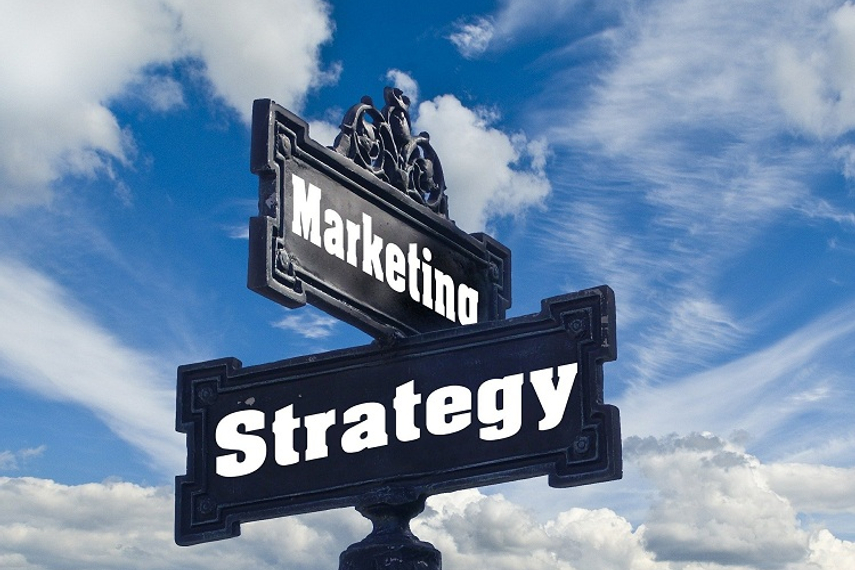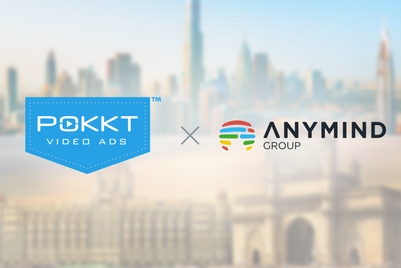The Indian advertising industry first came across programmatic buying around 2014. Until then, media buying in the country was more based on manual discussions and negotiation, and less on any scientific method. Premium spots were always held tights by publishers in attempt to fetch an irrationally high price. By implementing real-time bidding (RTB) technologies and automated processes for audience targeting, ad publishing, and analytics, programmatic is addressing these gaps effectively. As the ‘educating’ phase passes, the industry will be elucidated upon the unique and unprecedented benefits of programmatic media buying.
Here are some of these:
Reaching the right audience - Programmatic enables advertisers to implement targeting basis parameters such as geography, demographics, device and device ID, operating system and its version, browser and its version and so on. They can also opt for advanced algorithms such as Dynamic Creative Optimization that dynamically create personalised ads by leveraging viewer’s run-time data. This means that the new game is not about media buying. It is all about buying time and attention from the most relevant audience. Moreover, programmatic advertising can also be more accurate and effective using artificial intelligence and machine learning, taking the user experience to a completely different level.
Marketplace for premium inventory - Programmatic allows marketers to access premium inventory at a competitive price, decided by the market forces. Therefore, they can buy more ad slots with their advertising budget. At the same time, publishers also can sell more slots at an optimum price. This creates a win-win situation for both the parties. As the scale and adoption of programmatic grows, more premium slots will be available in the form of private marketplace, adding incremental cost benefits for both sides.
Transparency – Traditional media buying has largely been dependent on middlemen who would buy a bulk of ad inventory and sell it in smaller chunks,after a price top up. There was no real value added by them to the process. Programmatic eliminates the need of this layer. Therefore, advertisers have a fair view of the available inventory. Transparency also streamlines and strengthens relationship between advertisers and publishers, hence, better business prospects for both.
Campaign efficiency - Programmatic scores highly when it comes to analysing the monetary value. A study by Boston Consulting Group suggests that throughout the campaign cycle, media buyers spend 29 per cent less time on setup and ongoing operational management with programmatic vis a via traditional methods. On other hand, time saving for media owners is close to 57 per cent. These savings reflect in the overall campaign cost and effectiveness. A different study by Nielsen concludes that brands that consolidated their campaigns using programmatic manage an 11 percent increase in reach efficiency. While these insights may not be entirely based on Indian campaigns, the takeaways are clear for Indian brands. Programmatic helps in building campaigns which are not only accurate in terms of audience targeting but also cost efficient.
Economies of scale - The above advantages have encouraged Indian marketers to choose programmatic over conventional methods of media buying.For instance,as per a recent statement by Google, around 33 per cent of video and display inventory is on programmatic in India. This is expected to further grow at the rate of 45 per cent YoY in 2019. This places India among the top 10 digital ad markets globally, valued at around US$11 billion. Another forecast by GroupM indicates that the incremental growth in Indian ad market will be around US$1.35 bn in 2019. This is more than the growth expected in Russia, Australia, and Brazil put together. If we add thetraditional media inventory, i.e., print, radio, electronic, OOH etc., sold through programmatic, the scale would be much higher. This scale further improves efficiency and effectiveness of media buying process.
These tangible advantages are inspiring Indian marketers to embrace programmatic. Following the global lines closer home, programmatic advertising will transform the advertising landscape. The need of the hour is to invest further in educating advertisers and publishers who are currently experimenting in this space and not completely implementing programmatic. The journey has already begun, and we will see more and more premium inventory being traded through programmatic in the coming days.
The author is co-founder and COO, Pokkt.




.jpg&h=334&w=500&q=100&v=20250320&c=1)
.jpg&h=334&w=500&q=100&v=20250320&c=1)


.jpg&h=334&w=500&q=100&v=20250320&c=1)

.jpg&h=334&w=500&q=100&v=20250320&c=1)


.jpg&h=334&w=500&q=100&v=20250320&c=1)
.jpg&h=268&w=401&q=100&v=20250320&c=1)



.jpg&h=268&w=401&q=100&v=20250320&c=1)
.png&h=268&w=401&q=100&v=20250320&c=1)


